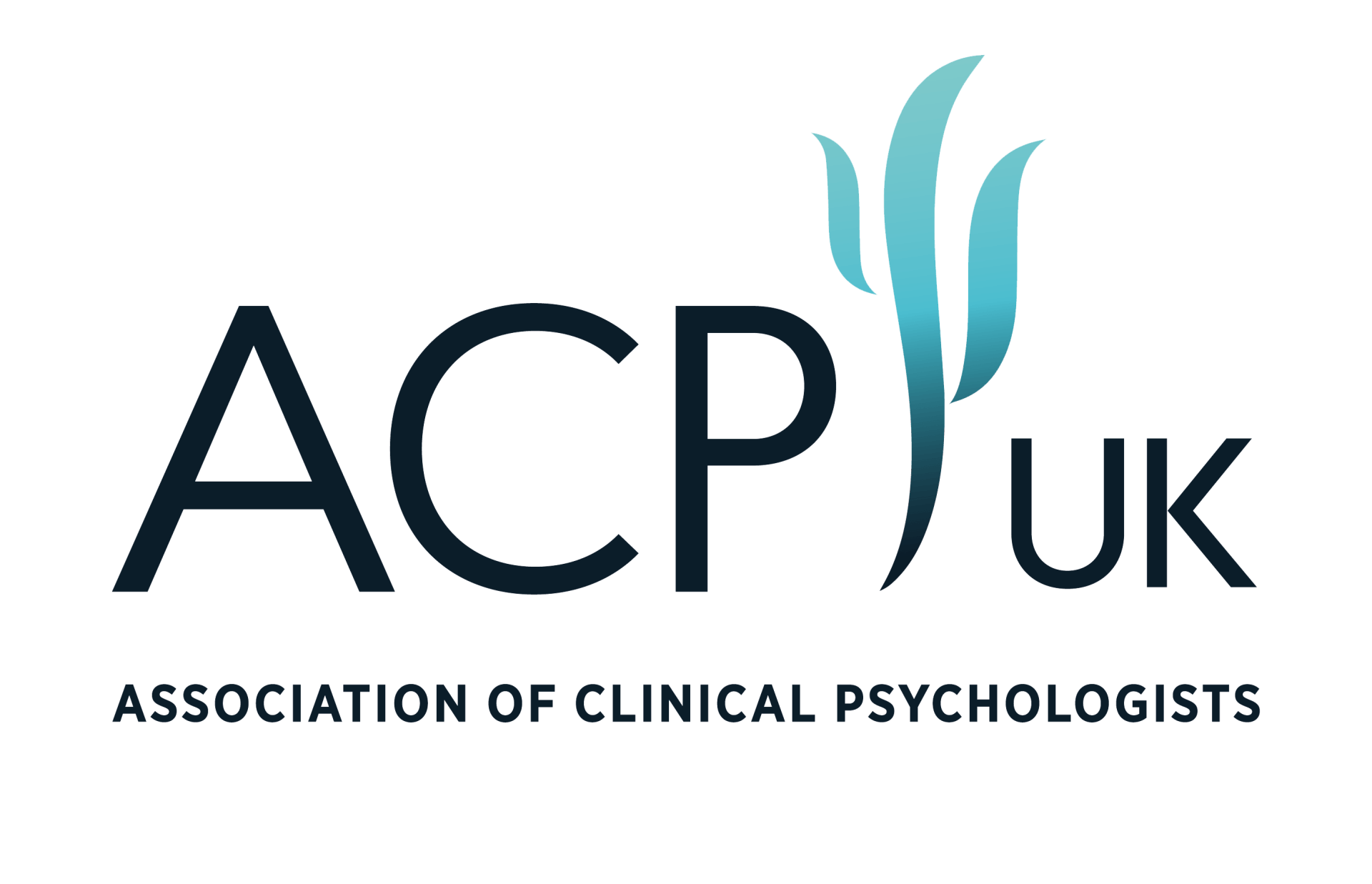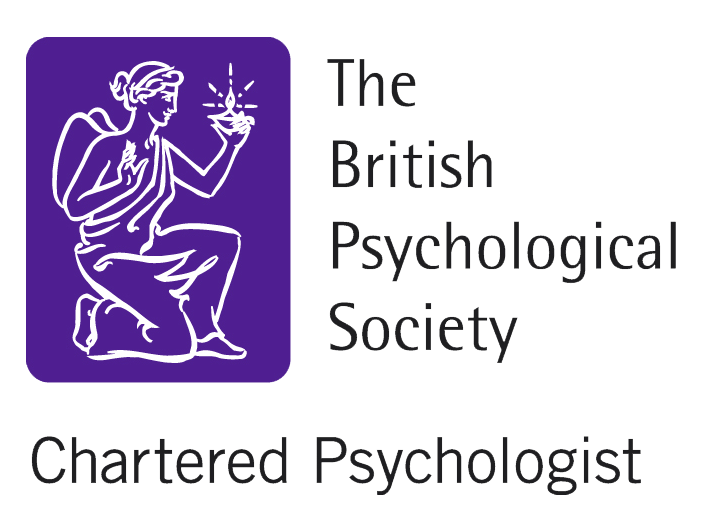Autism Spectrum Disorder (ASD) Assessments
CONTACT MEDifficulties with Social Communication and Interaction
ASD is a neurodevelopmental condition that is characterised by difficulties with social communication and interaction. Some children struggle to understand emotions and facial expressions, and to use and understand gestures; some children find it comforting to keep the same predictable routine and find change distressing – this can lead to anxiety which often manifests itself in challenging behaviour. Children with Autism may show little interest in others and prefer to play on their own. Some children may engage in little or no imaginative play while other children may play the same games repetitively.
About me
ASD is a condition that is often diagnosed in childhood when these difficulties become evident. It is not uncommon for diagnosis to be made at transition points throughout the education of a child e.g. following a change in situation such as a change of school.
I provide detailed developmental assessments and ASD assessments. ASD assessments are carried out in line with NICE Guidance involving multidisciplinary Associates from Clinical Psychology, Nursing, and Speech and Language Therapy as appropriate.
What is Involved in the Assessment Process
I normally recommend using screening questionnaires. We can discuss your preferred course of action as I know your priority is to understand yourself or your child / relative, and ensure you or they are able to access the right kind of support for your or their specific needs.
I ask that you allow up to three and a half hours for the appointment. Two standardised assessments are used
• the Developmental, Diagnostic, and Dimensional Interview (3di) is a computerized developmental interview carried out with parents. The interview provides scores across three sub scales which are used to contribute to the diagnostic decision making process.
• the Autism Disorder Observation Schedule (ADOS) is a structured assessment
incorporating a range of activities and social contexts from which an overall score is
obtained with cut offs for autistic spectrum disorder.
If it is not possible to make a decision on the day of the assessment regarding whether there is a diagnosis to be made I will let you know what I believe should happen next (for example: that we carry out a school observation or a cognitive assessment).
Once a diagnosis has been made, I am able to offer follow up and review throughout the school career of your child. This can be particularly valuable for example around the time of transition to secondary school.
Although myself and my associates carry out ASD assessments for children and young people from the age of 7 up to the age of 25, we have specialist interest and expertise in diagnosing high functioning adolescent girls.


